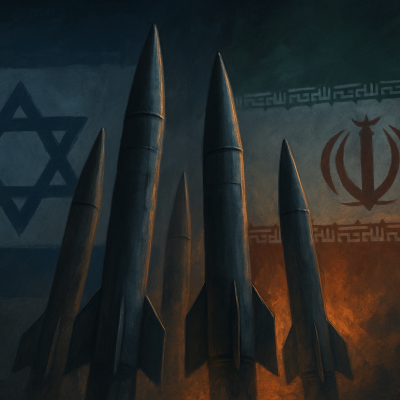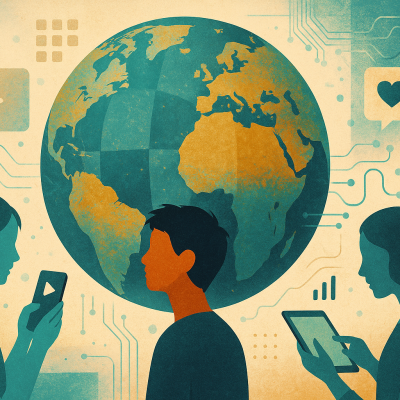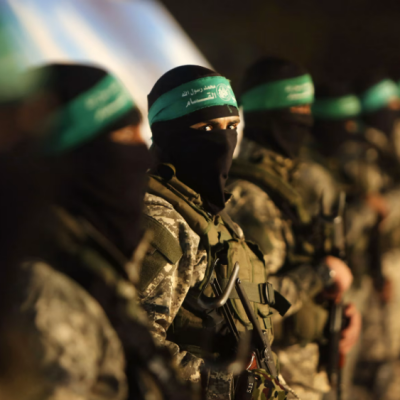Satoshi Ikeuchi, Professor, Religion and Global Security, University of Tokyo
Some characteristics of the new coronavirus COVID-19 have been revealed thanks to the frantic efforts of investigations by doctors and researchers. Up until now, most ascertained cases of transmissions occurred notably at gatherings of a large number of people in confined spaces in which people spend prolonged period of time and keep close contact.
Religious ceremonies and rituals are most likely to offer such occasions of large gatherings involving close contact with each other.
Adherents of religions tend to flock to one place for worship and ceremonies. People talk, preach and discuss each other to correct and influence each other. After all, those are what the religion is all about.
Those ordinary acts of religions are, unfortunately, fertile ground of infection. Religious missionary fever further enables preachers to travel and mingle with strangers for propagation of religions, then accelerating the dispersion of viruses.
The religious organization’s inadvertent role in infecting and spreading the COVID-19 is outstanding, aside from the main factor of the global outreach and high mobility of Chinese business activities.
In South Korea and Iran, two main centers of infection outside China, this religious factor looks large.
In South Korea, a total number of 6,088 cases of infections are counted, among them 40 are fatal, as of Thursday, March 5. More than 60 percent of the infection are supposed to be connected to a branch of a secretive protestant cult “Shincheonji Church of Jesus” in Daegu, a city in the southeast. Shincheonji cult is infamous for its clandestine gatherings and undercover proselytization, often infiltrating into mainstream churches.
Another prominent example is Iran. The number of infections reached 3,513 until Thursday, 107 of them died. What is peculiar in Iran is unusual number of infections among the people surrounding the core of the regime.
The aging revolutionary regime is ominously vulnerable to the new coronavirus which afflicts discriminately elderly people, particularly those who have preexisting illness. The core of the ruling Islamic revolutionary regime, well-known for the secretive close-ties among themselves, can be afflicted unproportially in view of the peculiar way of transmission of COVID-19.
In the 1980s, the global spread of HIV/AIDS closed the age of the “sex revolution” in the West which started in the 1960s.
What will the COVID-19 epidemic of 2020 end? Which will be more afflicted, religion or globalization, or both?





